Just a reminder: The future of LiA is very much in doubt, and it’s up to you to decide what happens next. Thank you for all your support!
 Compatibility is an incredibly important factor in anime or any narrative art, no matter how we’d like to pretend otherwise. Maybe the most important factor. That’s not to say objectivity doesn’t exist, because it does. But most commonly I think we bond with series that speak to who we are as individuals. Sometimes I watch an anime or read a manga and think “yeah, they wrote this for me”. There are many personal examples I could name but it will come as no surprise to hear that Yofukashi no Uta is one of them. I mean, that’s why I brought it up.
Compatibility is an incredibly important factor in anime or any narrative art, no matter how we’d like to pretend otherwise. Maybe the most important factor. That’s not to say objectivity doesn’t exist, because it does. But most commonly I think we bond with series that speak to who we are as individuals. Sometimes I watch an anime or read a manga and think “yeah, they wrote this for me”. There are many personal examples I could name but it will come as no surprise to hear that Yofukashi no Uta is one of them. I mean, that’s why I brought it up.
 This is a vampire story to be sure, and that was never more true than this week. But the rule with vampires and fiction is irrefutable – they’re always symbolic. Usually a lot of things (always sex), and I think that’s true here. But this thing about the night and vampires really boils down to this: if the day belongs to the extroverts, the night belongs to the introverts. It’s when we’re free to emerge and roam as we will, indulging in our too-many thoughts and observing the world from a distance. That’s why Kou didn’t like the night pool, you see – that was an island of extroversion in a sea of introversion.
This is a vampire story to be sure, and that was never more true than this week. But the rule with vampires and fiction is irrefutable – they’re always symbolic. Usually a lot of things (always sex), and I think that’s true here. But this thing about the night and vampires really boils down to this: if the day belongs to the extroverts, the night belongs to the introverts. It’s when we’re free to emerge and roam as we will, indulging in our too-many thoughts and observing the world from a distance. That’s why Kou didn’t like the night pool, you see – that was an island of extroversion in a sea of introversion.
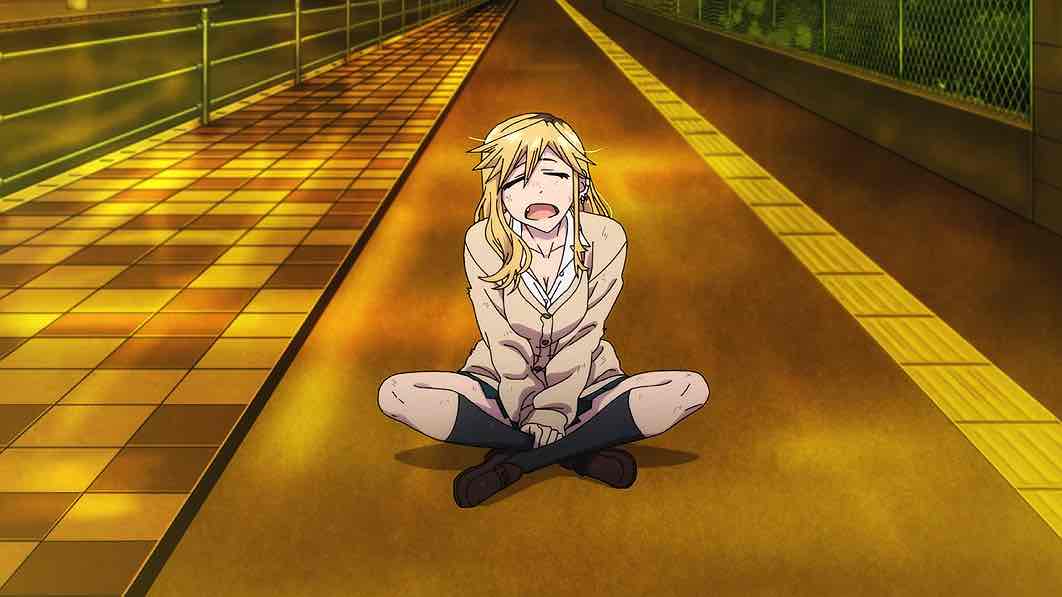 Kou is someone who was living pretty happily in his bubble – functional in society and, if seen as a loner, not especially as a weird or dangerous one. But there’s a constant drumbeat telling you that if you live that way, never mind dare to be happy living that way, you’re broken. This is one of the functional realities of modern human existence – extroverts have most of the world designed for their use. They inherently believe, as a rule, that they’re superior to introverts and that’s constantly being reinforced. Eventually the world of the day became so intrusive in Kou’s existence that he had no choice but to check out of it altogether.
Kou is someone who was living pretty happily in his bubble – functional in society and, if seen as a loner, not especially as a weird or dangerous one. But there’s a constant drumbeat telling you that if you live that way, never mind dare to be happy living that way, you’re broken. This is one of the functional realities of modern human existence – extroverts have most of the world designed for their use. They inherently believe, as a rule, that they’re superior to introverts and that’s constantly being reinforced. Eventually the world of the day became so intrusive in Kou’s existence that he had no choice but to check out of it altogether.
 The Kou we see here is questing – trying to understand what it is that makes him different. I think that’s why he seems so interested in everybody else’s problems, I think – “meddling”, as Nazuna puts it. That includes Seri, who was the one who engineered his capture by the vamp squad and appears to be Nazuna’s arch-enemy. Kou is actually pretty perceptive, and he refuses to let it slide when he senses that Seri has come to him to unburden herself – even though that leads to violence between Seri and Naz (mostly unidirectional).
The Kou we see here is questing – trying to understand what it is that makes him different. I think that’s why he seems so interested in everybody else’s problems, I think – “meddling”, as Nazuna puts it. That includes Seri, who was the one who engineered his capture by the vamp squad and appears to be Nazuna’s arch-enemy. Kou is actually pretty perceptive, and he refuses to let it slide when he senses that Seri has come to him to unburden herself – even though that leads to violence between Seri and Naz (mostly unidirectional).
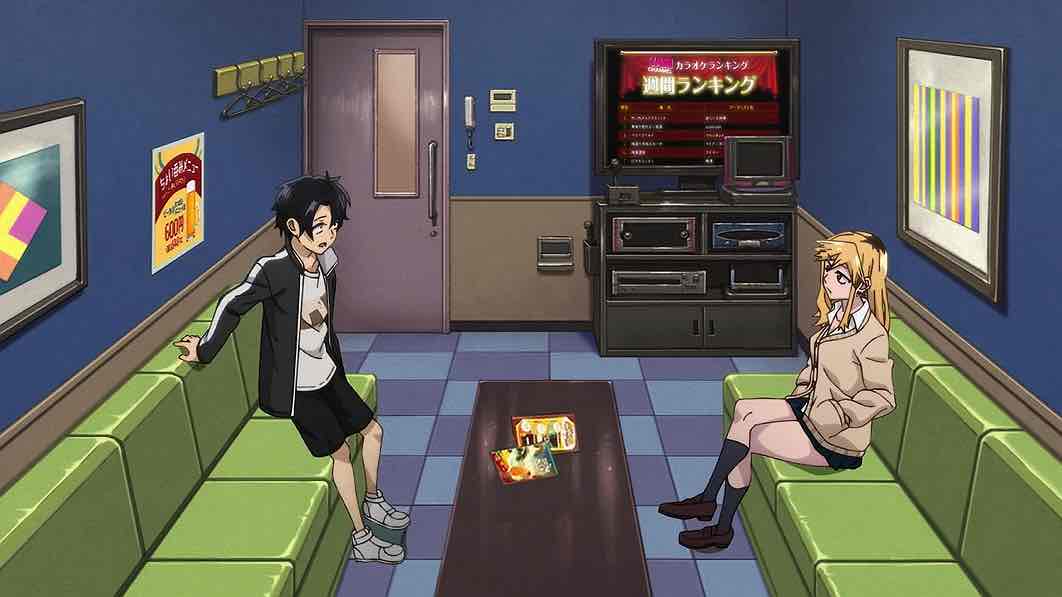 Yeah, it always figured Nazuna would never let those two go off alone together but by appearances they do, anyway. Karaoke is a much more introvert-friendly activity despite its reputation – hell, you can go into those rooms alone, and in Japan many people do. At first blush it seems like boredom is at the heart of Seri’s malaise, and that does seem like it’d be an obvious issue for vampires. But Kou can tell it goes deeper than that, even before Akiyama Akihito (Yoshino Hiroyuki) shows up in very creepy fashion. Akkun is the kinder of the two nicknames Seri has for him – “Daruo” (Draggo) is the other.
Yeah, it always figured Nazuna would never let those two go off alone together but by appearances they do, anyway. Karaoke is a much more introvert-friendly activity despite its reputation – hell, you can go into those rooms alone, and in Japan many people do. At first blush it seems like boredom is at the heart of Seri’s malaise, and that does seem like it’d be an obvious issue for vampires. But Kou can tell it goes deeper than that, even before Akiyama Akihito (Yoshino Hiroyuki) shows up in very creepy fashion. Akkun is the kinder of the two nicknames Seri has for him – “Daruo” (Draggo) is the other.
 The malaise of Seri’s existence boils down to the repetitive cycle of luring men to fall in love in with her, an exercise she clearly finds pretty meaningless. How often she’s actually done this I don’t know (and Naz makes is clear later she’s never killed anyone), but it’s the role she’s expected to play. Kou understands her – everything having to be about romance mystifies him. But when Seri declares she’s just going to kill Dauro-san and be done with it, Kou intervenes and drags Akkun to safety. Not only that, they have a heart to heart. Part of this is selfish – Kou longs to know what it is that makes a person fall in love with another person the way Akkun has. But it’s also Kou meddling as he always does.
The malaise of Seri’s existence boils down to the repetitive cycle of luring men to fall in love in with her, an exercise she clearly finds pretty meaningless. How often she’s actually done this I don’t know (and Naz makes is clear later she’s never killed anyone), but it’s the role she’s expected to play. Kou understands her – everything having to be about romance mystifies him. But when Seri declares she’s just going to kill Dauro-san and be done with it, Kou intervenes and drags Akkun to safety. Not only that, they have a heart to heart. Part of this is selfish – Kou longs to know what it is that makes a person fall in love with another person the way Akkun has. But it’s also Kou meddling as he always does.
 I don’t know whether Seri would have gone through with killing Akiyama-san had Kou-kun not intervened – that would have been a very extreme way for her to deal with her irritation at developing real affection for a guy, but she is a vampire. We’ve never seen any actual killing in this series, but we do finally see our first turning – Akkun certainly qualifies for it, and once the killing option is off the table Seri has no real pretext to say no. It seems a pretty undramatic process – a nibble on the forearm and boom, a few minutes later Akkun no longer needs his glasses and we have our first confirmed male vampire.
I don’t know whether Seri would have gone through with killing Akiyama-san had Kou-kun not intervened – that would have been a very extreme way for her to deal with her irritation at developing real affection for a guy, but she is a vampire. We’ve never seen any actual killing in this series, but we do finally see our first turning – Akkun certainly qualifies for it, and once the killing option is off the table Seri has no real pretext to say no. It seems a pretty undramatic process – a nibble on the forearm and boom, a few minutes later Akkun no longer needs his glasses and we have our first confirmed male vampire.
 There’s a real irony to this. In order to fulfill what he’s convinced is his dream Kou has to do the very thing his inability to do caused him such trouble in the daytime – fall in love. He was getting along just fine in that world without that part of himself activated, but now to fully enter the world of the night he has to activate it. Somehow we’ve looped back to that same fork in the road I saw way back at the beginning. Will Call of the Night have Kou learn how to fall in love – and in the process become more like most “normal” people – or will it take the more difficult road of having him find peace by accepting himself as he is?
There’s a real irony to this. In order to fulfill what he’s convinced is his dream Kou has to do the very thing his inability to do caused him such trouble in the daytime – fall in love. He was getting along just fine in that world without that part of himself activated, but now to fully enter the world of the night he has to activate it. Somehow we’ve looped back to that same fork in the road I saw way back at the beginning. Will Call of the Night have Kou learn how to fall in love – and in the process become more like most “normal” people – or will it take the more difficult road of having him find peace by accepting himself as he is?



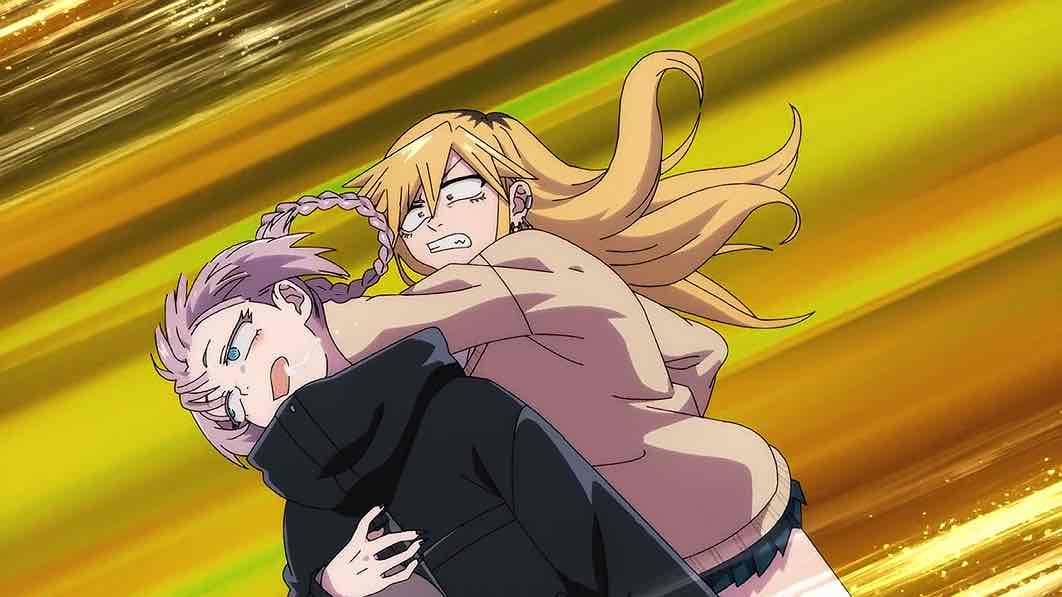


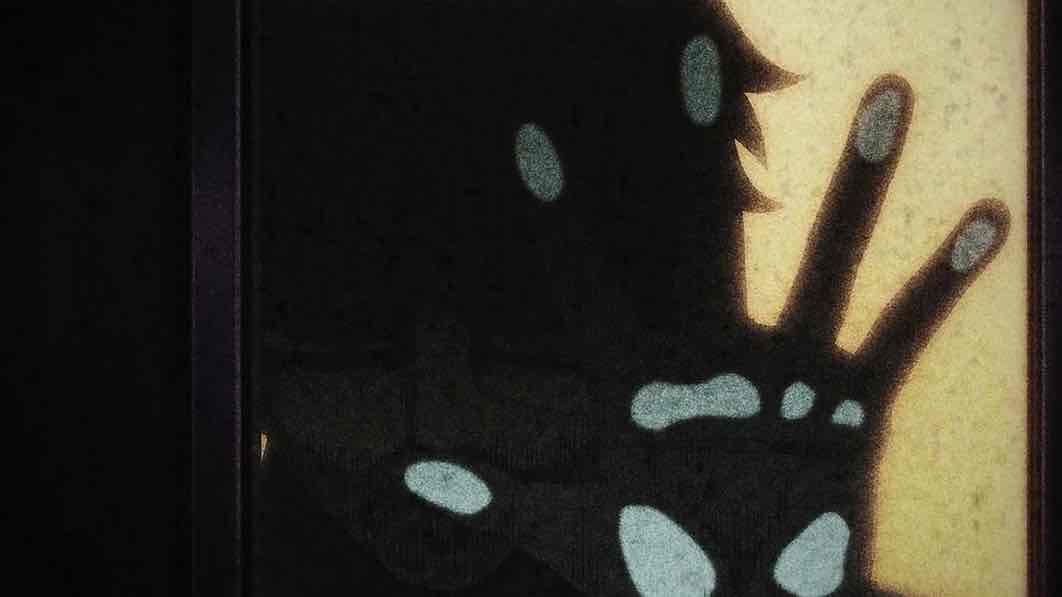




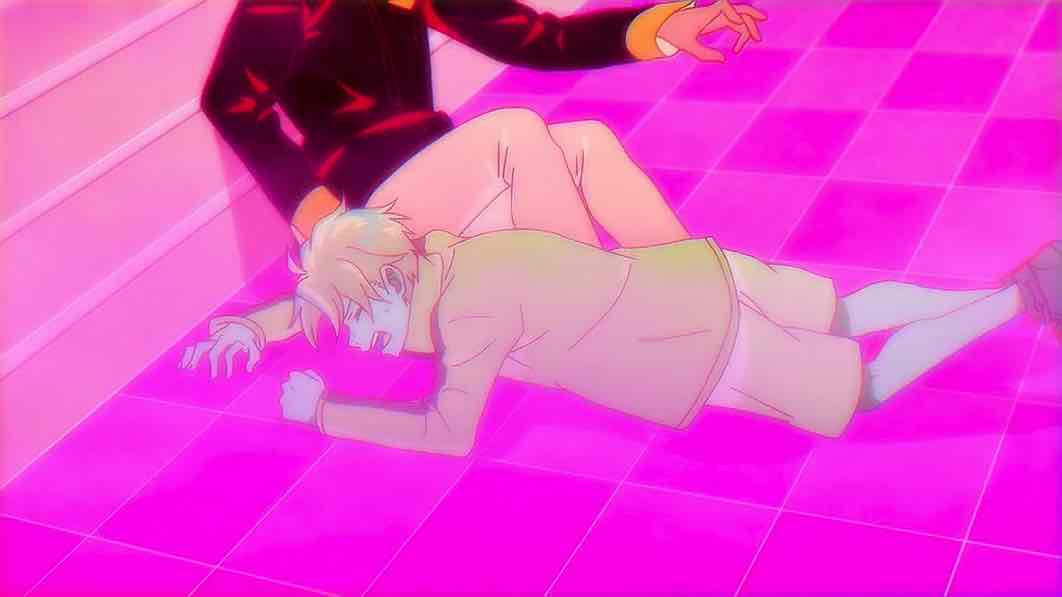


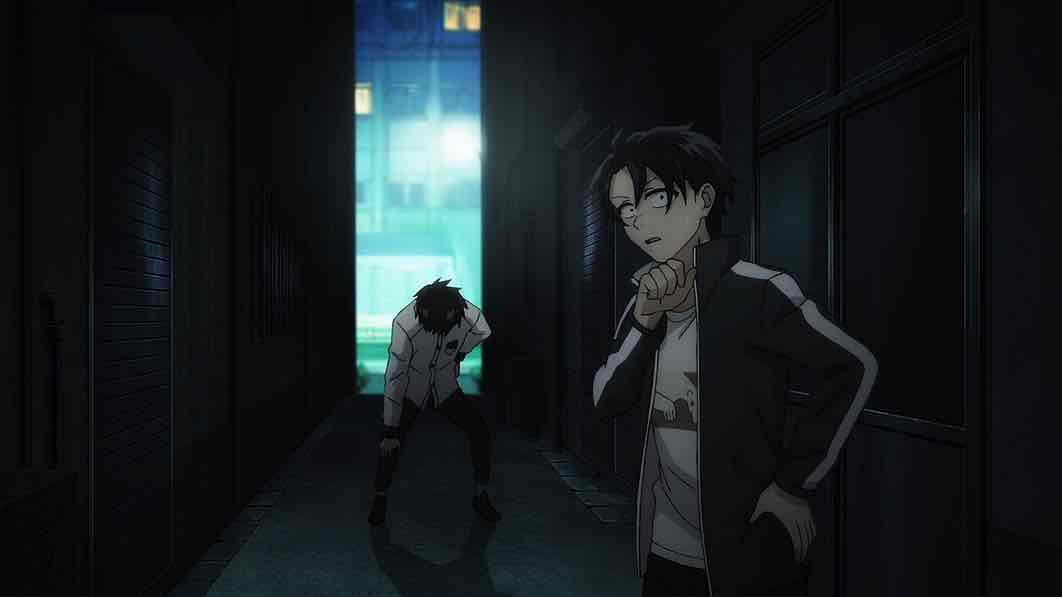




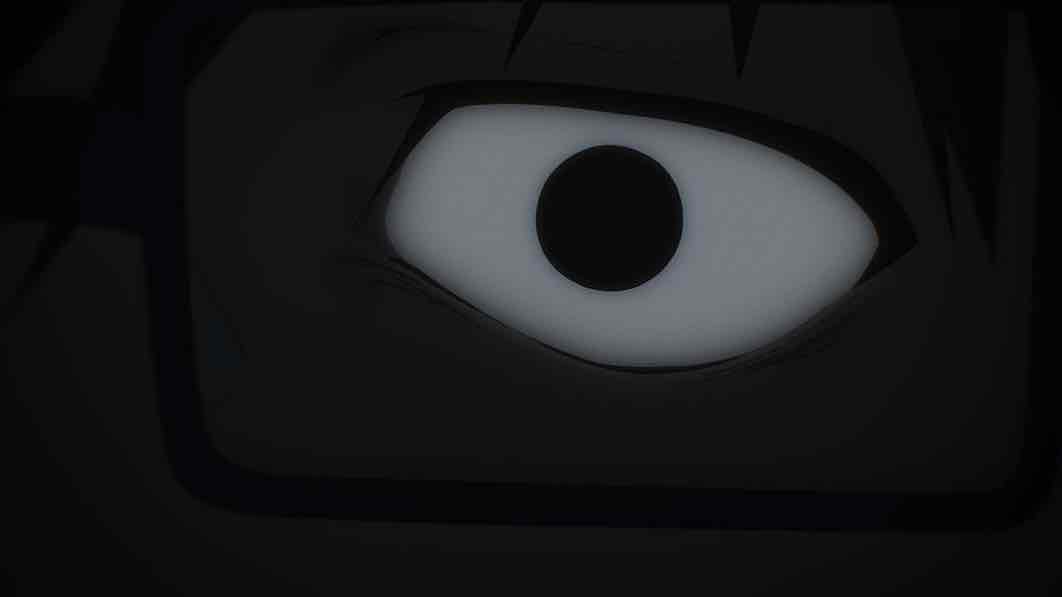
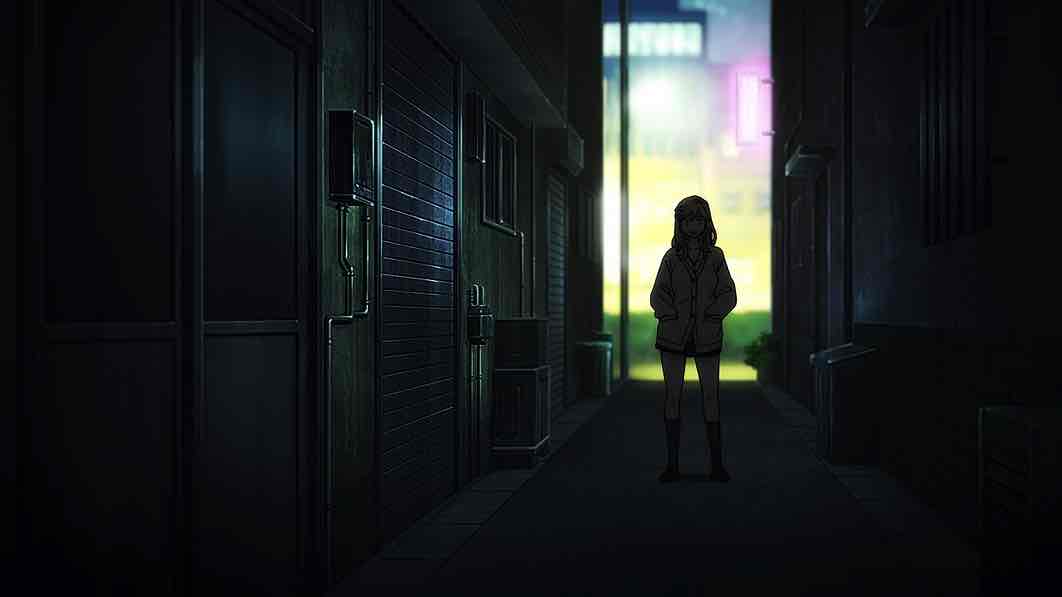

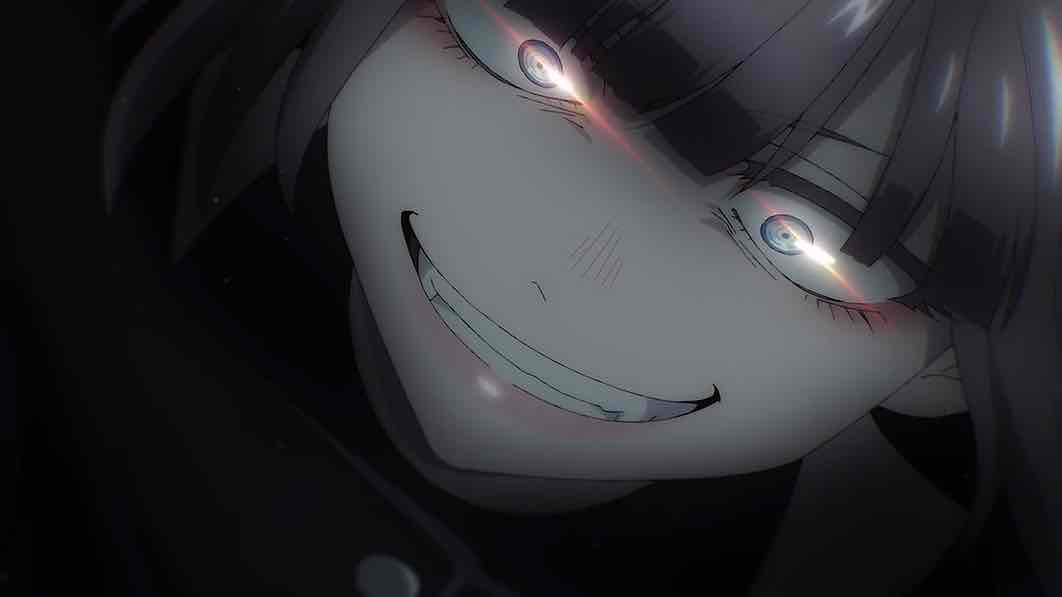
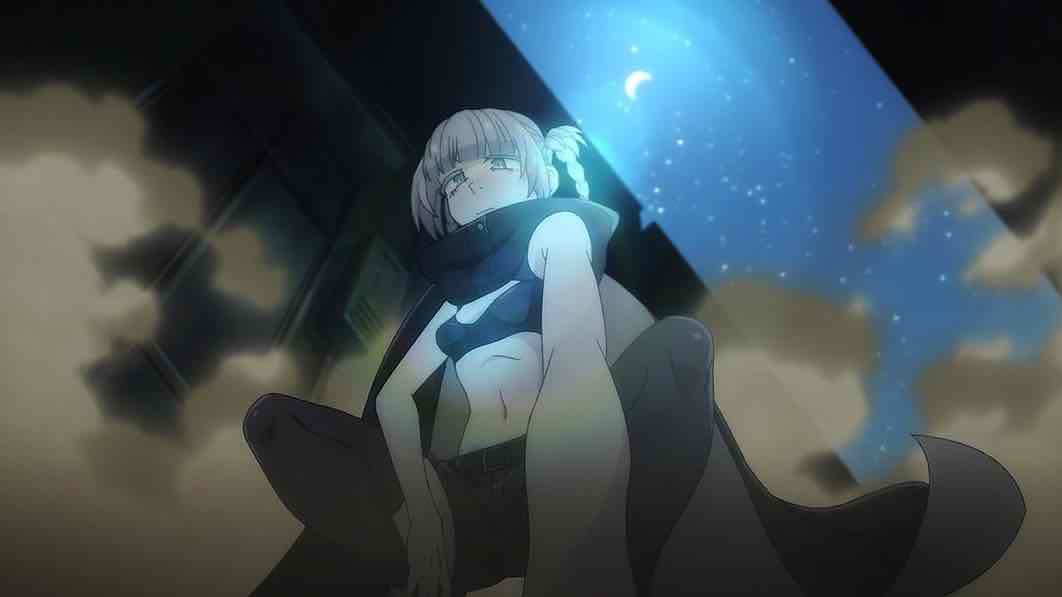
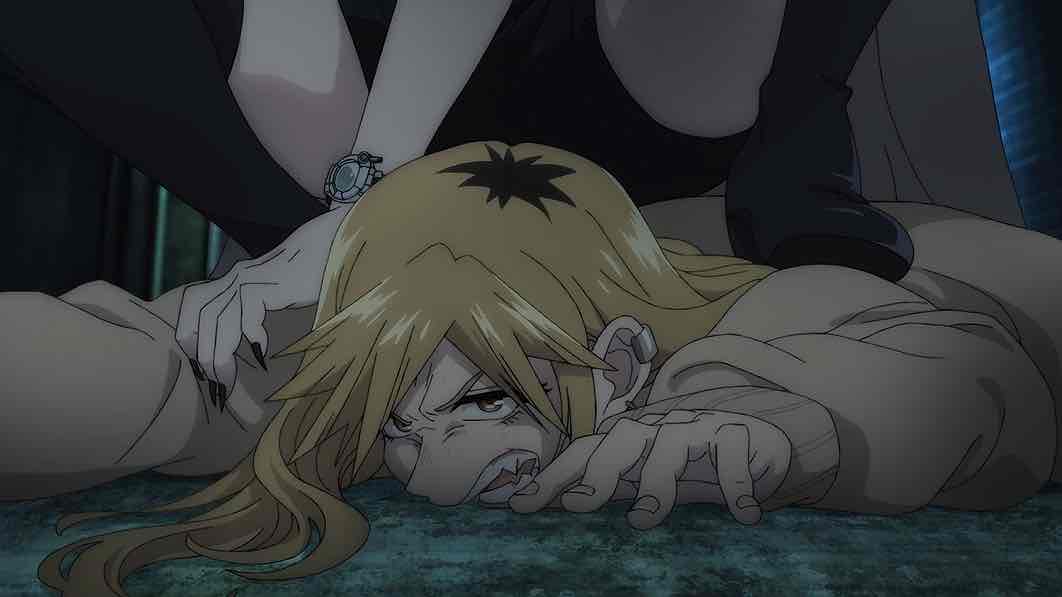


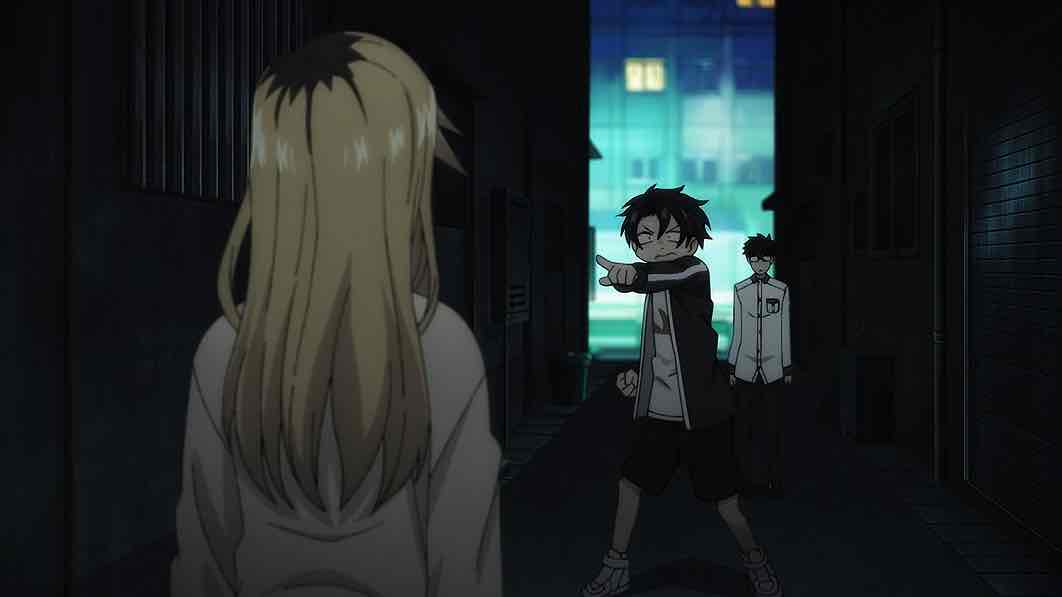

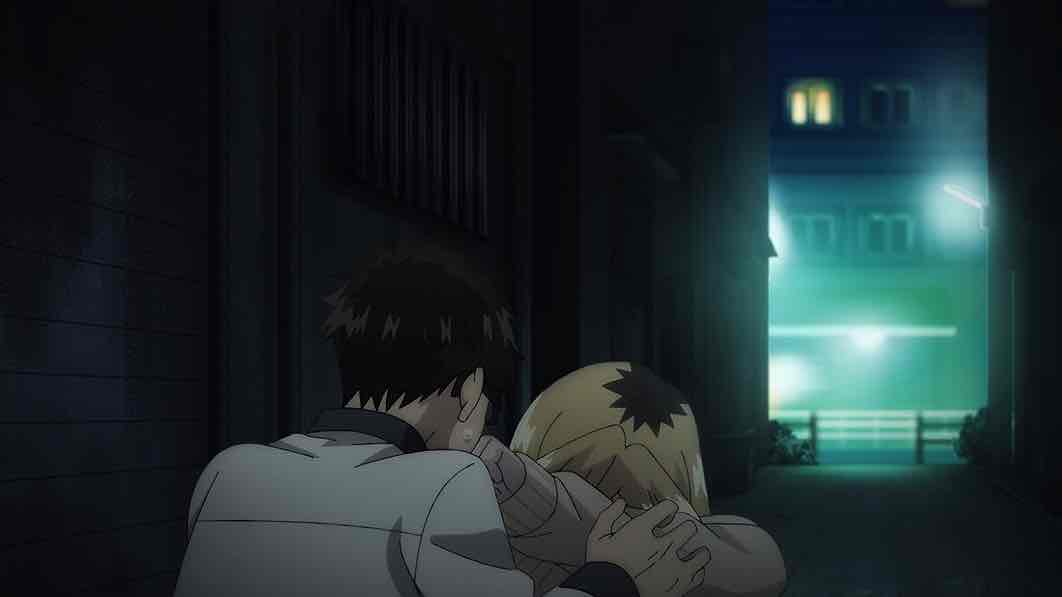
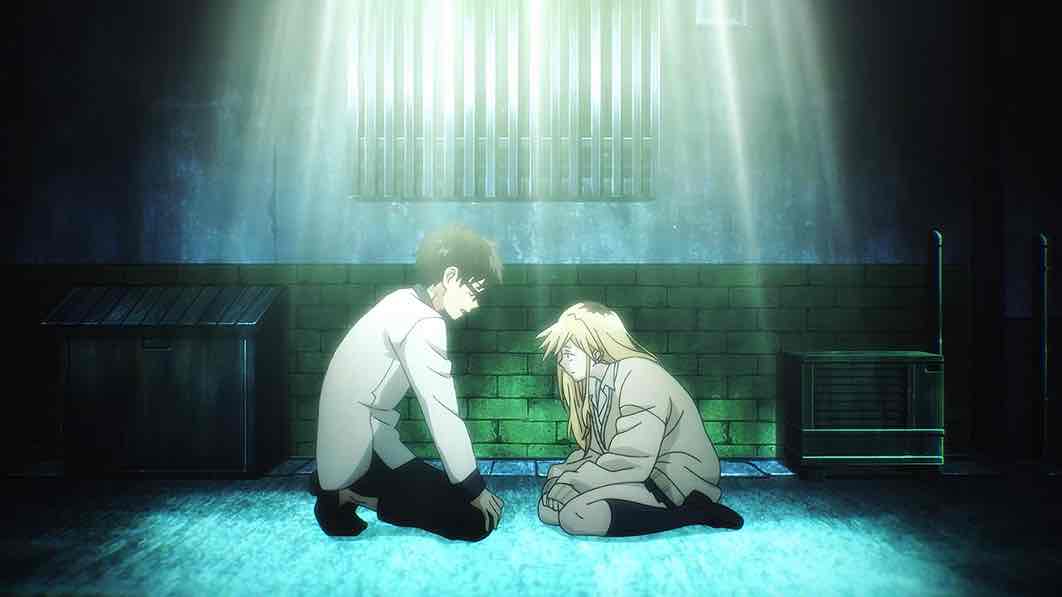

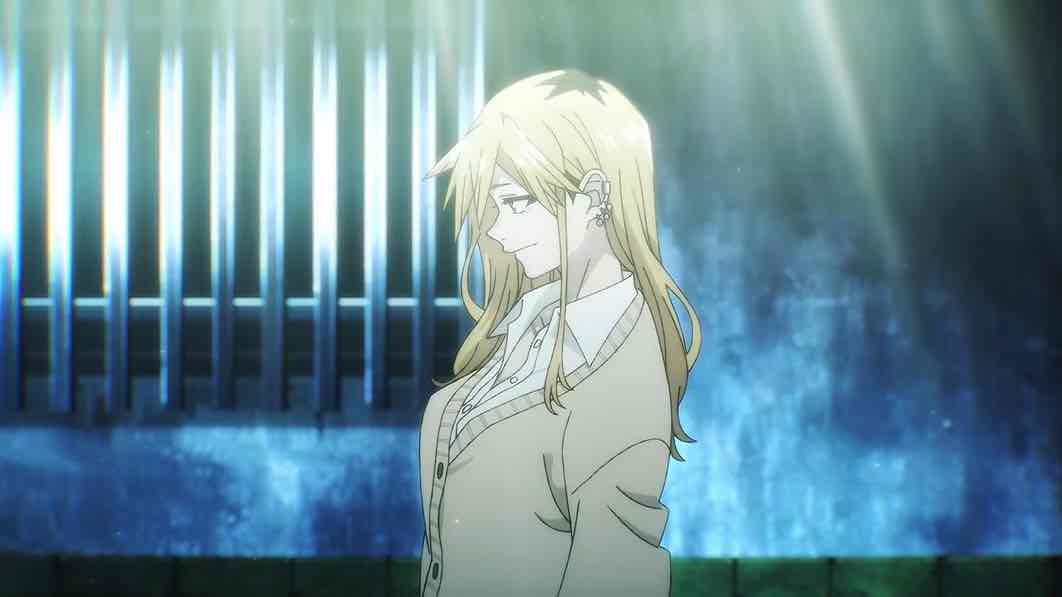
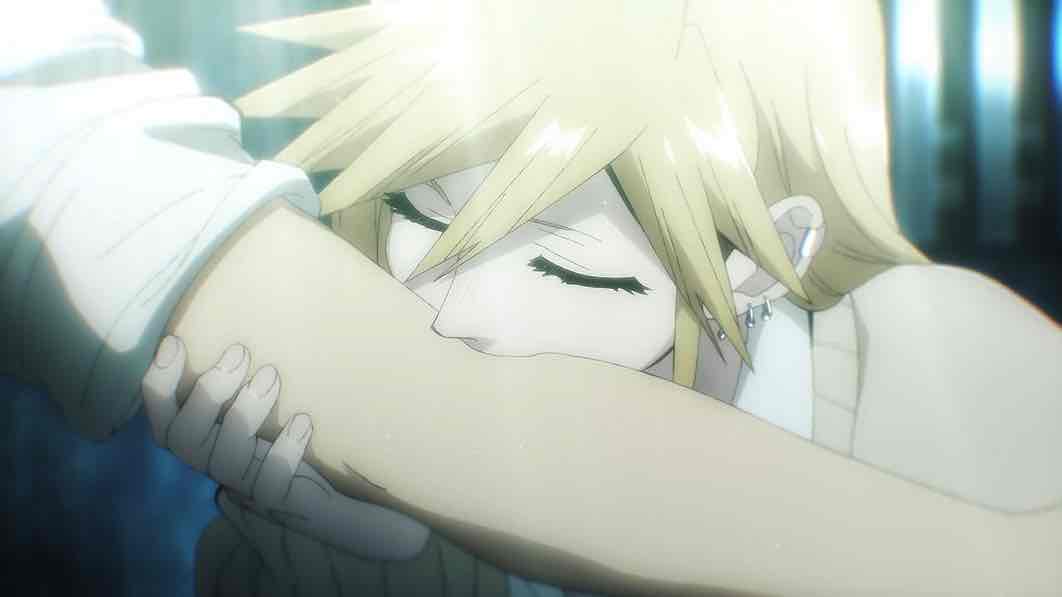
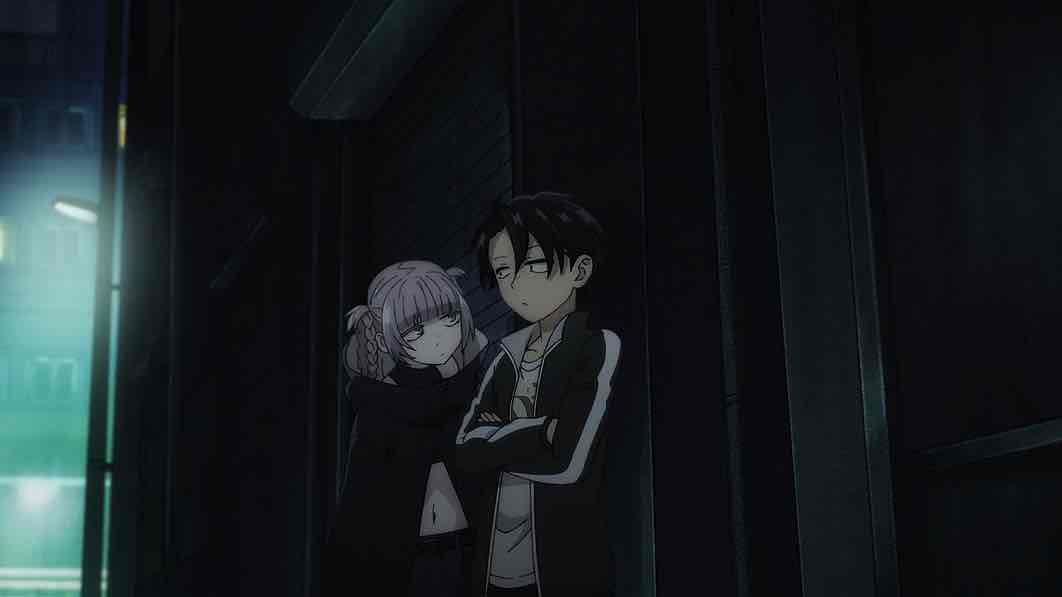
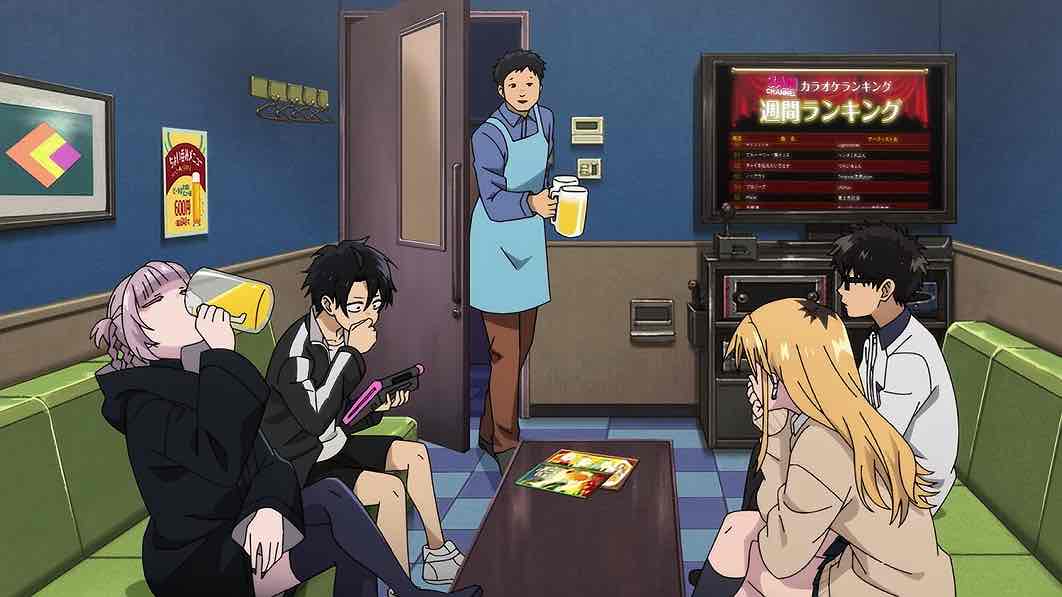




1 comment